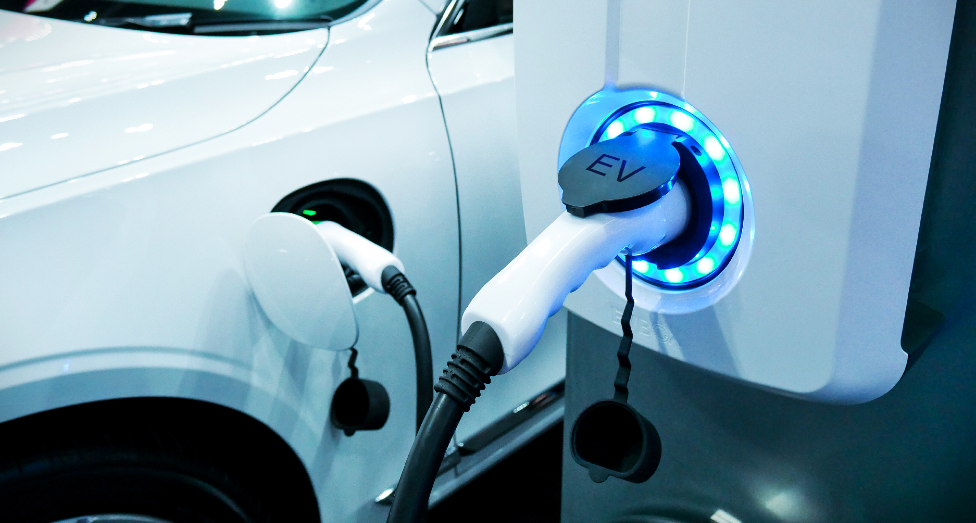Choosing the Right Electric Car: What You Need to Know
Why do you want to buy an electric car? Once you answer this question, you’ll want to learn more about which models to consider and how to buy an EV.
For most people, the answer to the initial question is a desire to save the environment with less pollution. Some might say they are tired of paying the high price of gas, which makes sense, while others are looking for a way to get into a new vehicle and know that the government expects a transition to electric vehicles in the future.
Let’s look at some things to consider when you want to buy an electric car.
Why do you want to buy an electric car?
Starting with our initial question, which is the most important question in car buying. If your answer is that you want to reduce pollution and save the environment, the advice given might surprise you. In this case, you should drive your gas-powered car until it dies. If you trade it or sell it, another person will drive it, and the EV you buy only adds to a climate-negative industry. Of course, the other answers given are sensible reasons to switch to an EV.
Will the EV be your only car?
Some households have two or more vehicles parked outside, but if yours isn’t one of these, you’ll need to think about what you need in your new EV. If this is the only car you own, it’s important to have enough driving range for more than a single day of driving. On average, most EVs offer between 250 and 300 miles of driving range, with some reaching over 400 miles of range. Choose the EV that can deliver enough driving for a few days.
Is your EV going to be the second car?
If the EV is meant to be the second car in your household, you’ve got a lot more flexibility. In this case, you can choose a used model with as little as 150 miles of driving range, and it should be a great fit for your family. A pre-owned EV should come at a much lower price point and give you enough driving range to handle your weekly errands and running the kids to their activities. An EV as a second vehicle is a great choice for fuel savings.
Where will you change your EV?
Public charging stations aren’t located on every corner of America like gas stations. Although the infrastructure of public chargers is growing, most EV owners are expected to have at-home Level 2 charging stations. If you live in an apartment building or condo, it can be difficult to have an at-home charger installed. Before you purchase an electric car, you’ll need to know where you will charge, especially when you need to charge your batteries to 100%.
Do you like to take road trips?
Some people travel across the country every year in their vehicles, but some prefer to fly, ride on a train, or take a bus. If your new electric car is your only vehicle, road trips become challenging. Most EVs take more than 30 minutes to reach 80% of the maximum driving range at public charging stations. This means an EV with 300 miles of driving range is reduced to 240 miles. An alternative option that still meets most EV standards is a plug-in hybrid which uses a gas-powered engine and electric motor.
Where will you charge the EV during a road trip?
Most electric cars include apps that can help you locate public charging stations along your route, making it easy to find a place to refuel your EV. That said, some chargers lack proper maintenance and might not connect to your EV as easily as a gas pump. It’s important when heading out on a road trip to consider a primary and secondary location to charge the batteries.
Are there any incentives to buying an EV?
Most electric vehicles are much more expensive than their gasoline counterparts. With an average price of more than $60,000 before incentives, you’ll want to know how to reduce the cost of an EV. Currently, some EVs qualify for the $7,500 Federal EV Tax Credit, which reduces your tax liability when you file. If you don’t normally owe at least $7,500, this credit might not be of much value to you. Still, fueling an EV with electricity is much cheaper than gasoline, which is a huge benefit to driving an EV.
Before you dive into the electric vehicle world, you should understand what it means to drive one of these new vehicles. You’ll find many benefits but also some warnings when switching from a gas-fueled vehicle to an all-electric model.

